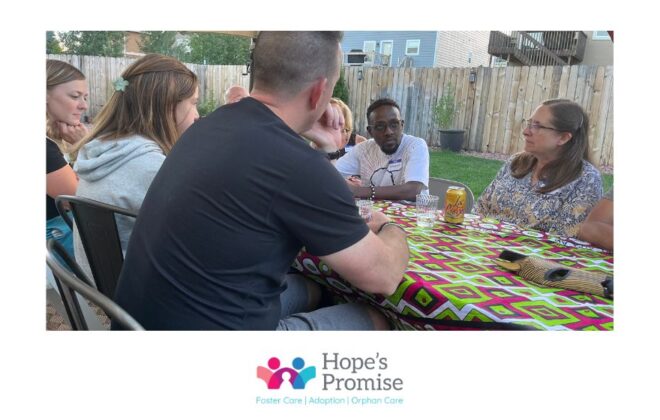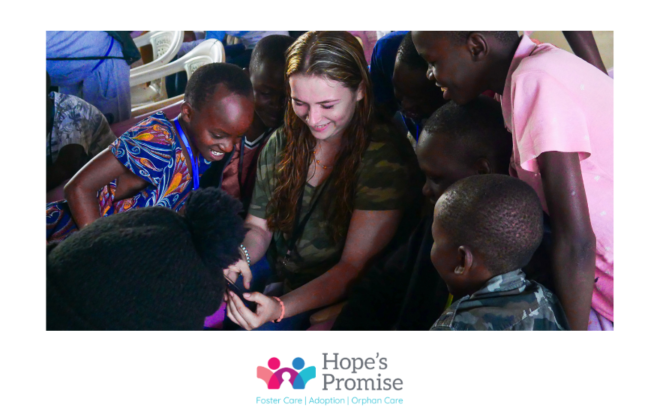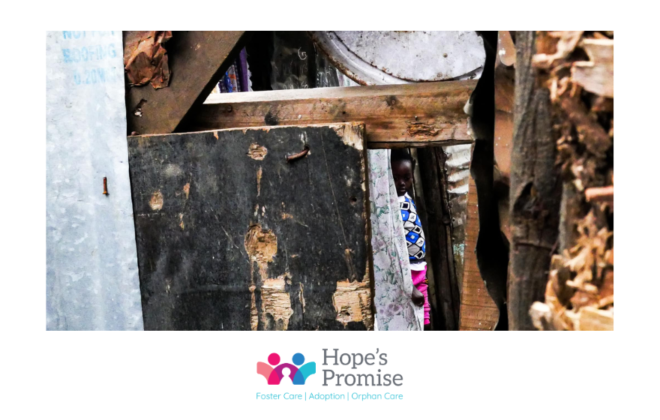Speaking Up for the Voiceless
By Paul Lessard
Last week during a break at a church board meeting, one of my friends took out her phone and began to show me pictures of her grandchildren. She took the time to tell me their names, ages and what was unique or notable about each child. These children matter to her, were known to her and she was very vested in their lives now, and in their future. These children, invisible and unknown to me before the proud grandma held up her phone, at once became visible and known through the actions of someone who cared deeply.
Mark 1:15 tells us that Jesus came “announcing the kingdom of God.” During the three years of his formal ministry, Jesus repeatedly pointed to evidence of the kingdom among his hearers, which he stated could be seen and experienced by those with “eyes to see and ears to hear.” As well, Jesus painted a word picture of the kingdom’s future fullness. Jesus took the time with his listeners to elevate their awareness and heighten their perception of the invisible spiritual world all around them, which to that point was largely unseen and unknown by them. For a clearer picture of reality, someone was needed to enable new “eyes” and the new “ears.” In the same manner, the at-risk and vulnerable in our world often live unseen and unknown. They do not live with an absence of God, as the kingdom is here and now, but more than most, they live a life exposed to, and impacted by, their anonymity. By definition to be vulnerable means someone or something more powerful having control over a person which can lead to exploitation or victimization. The result of this vulnerability is not only powerlessness or seeming invisible; they are voiceless as well.
“ Speak up for those who cannot speak for themselves,
for the rights of all who are destitute.
Speak up and judge fairly;
defend the rights of the poor and needy.”
Proverbs 31:8-10.
Proverbs 31:8-10 tells us that those of us who have a voice, whether because of position, privilege of birth, or an abundance of resources, are to speak on behalf of those without a voice. And, our speech is not simply to make the invisible, visible but to work towards alleviating the situation and circumstances which cause them to be at risk and invisible in the first place. However, for the writer of this passage, they weren’t simply thinking abstractly, they were writing about the poor and destitute whom they knew. The words of the writer were not simply rhetoric to grab the attention of the wealthy; it was a reminder to notice, speak on behalf of, and care for the vulnerable in their community.
At Hope’s Promise, we know vulnerable and at-risk children in the United States and around the world. We have their pictures on our phones as we seek to speak on their behalf. It is our greatest hope to introduce these children to you so that you, too, can help make them visible and known to others. Working, praying, and supporting these children together, we can provide the resources needed to make a difference in their “now” and their future.
Paul has a Masters in Executive Leadership with an emphasis on nonprofit management. He has been a pastor, a musician, and a college teacher and administrator. Paul loves leading the Orphan Care ministry of Hope’s Promise and cares deeply for the well being and effectiveness of the international leaders, their teams, and the homes they lead. Paul and his wife Rebecca have 2 grown children.



